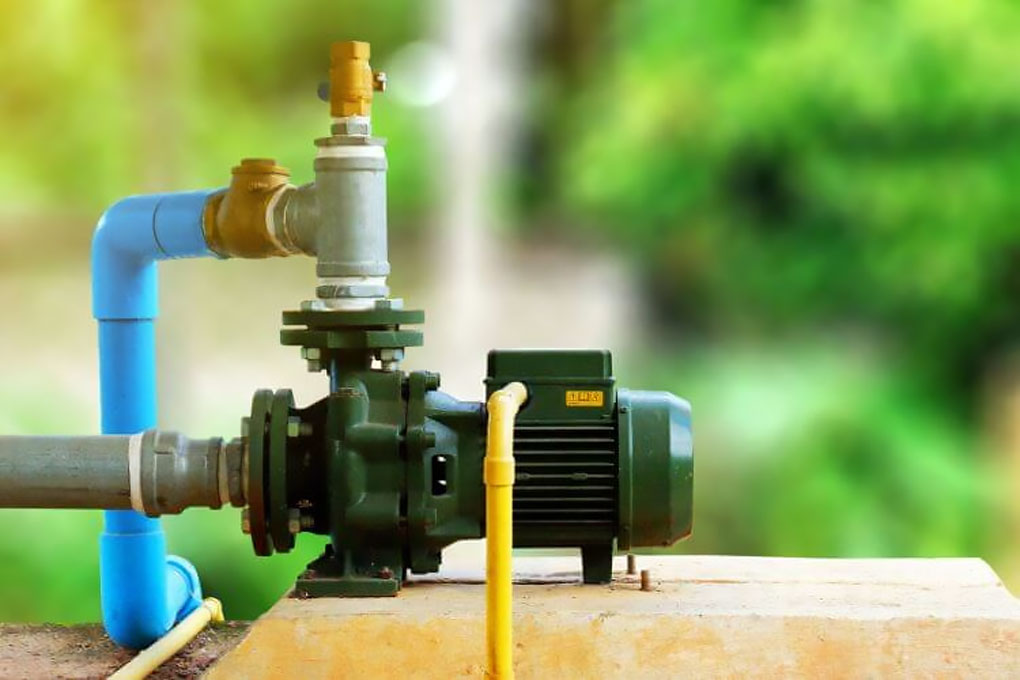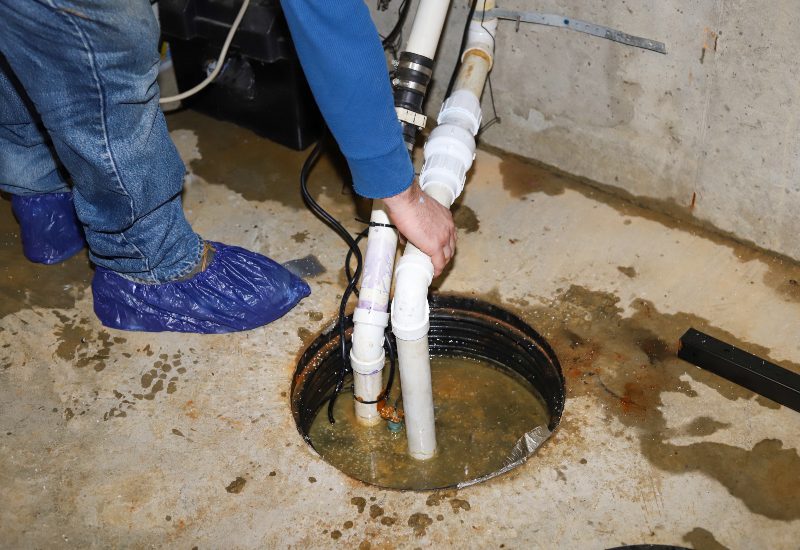Comprehending the Trick Components of Effective Water Filtering Equipments

Importance of Water Filtration Equipment
Water purification systems play a crucial role in guaranteeing access to safe and clean drinking water by properly getting rid of impurities and impurities. These systems are crucial in addressing the expanding concerns over water quality and the potential wellness dangers related to eating contaminated water. By using various filtering systems such as reverse osmosis, triggered carbon, and UV sanitation, water filtering systems can efficiently get rid of damaging compounds like germs, infections, hefty steels, and chemicals from the water.
In addition, water filtration systems aid to improve the preference and smell of water by eliminating chlorine, debris, and various other pollutants that can impact its top quality. Water Filtration Systems. This improvement in water top quality not only makes it much more tasty yet also motivates people to drink an appropriate quantity of water daily, advertising better hydration and general wellness
Sorts Of Purification Components

Physical filters are developed to literally stress out contaminations from the water. These filters can be made of materials like ceramic, carbon, or perhaps sand, and they function by trapping bits larger than the filter's pores as water travels through.
Chemical filters make use of various chemical processes to remove pollutants from the water. Instances consist of activated carbon filters, which adsorb pollutants, and reverse osmosis membrane layers, which make use of stress to different impurities from the water.
Organic filters make use of living microorganisms like algae or bacteria to break down organic matter and contaminants in the water. These filters are commonly made use of in wastewater therapy plants or natural water purification systems.
Recognizing the different sorts of filtering parts is critical for choosing one of the most ideal water filtration system for specific purification needs.
Function of Sediment Filters
Sediment filters play an important duty in water filtering systems by properly recording strong fragments put on hold in the water. These filters are commonly the initial line of defense in a filtering system, getting rid of bigger bits such as sand, silt, dust, and corrosion prior to the water moves through finer filtration phases. By capturing these debris, the filters prevent them from getting to downstream parts, therefore prolonging the life expectancy and performance of the whole system.
Disregarding this upkeep can lead to blocking, decreased water circulation, and jeopardized filtering efficiency. In general, debris filters are indispensable components that contribute significantly to the efficiency of water filtration systems.
Duty of Activated Carbon Filters
Playing a critical role in water purification systems, activated carbon filters are crucial in eliminating impurities and impurities from the water supply. As water passes via the filter, the turned on carbon holds and attracts onto the impurities, guaranteeing that the water that comes out on the other side is cleaner and safer for consumption.
Turned on carbon filters are highly reliable at enhancing the taste and smell of water by reducing chemicals that can influence its high quality. Due to their versatility and dependability, activated carbon filters are a vital component in making certain that water is cleansed to the highest possible requirements prior Learn More to reaching customers.
Understanding Reverse Osmosis Equipments
Reverse osmosis systems are sophisticated water purification systems that utilize a sophisticated procedure to get rid of pollutants and impurities from drinking water. These systems function by applying pressure to the water, compeling it with a semi-permeable membrane layer. This membrane works as a barrier, permitting only distilled water molecules to travel through, while blocking bigger molecules such as minerals, chemicals, and various other impurities. Because of this, the water that comes out on the various other side is considerably cleaner and more secure for consumption.
One key advantage of reverse osmosis systems is their ability to eliminate a vast array of pollutants, consisting of heavy steels, dissolved bacteria, infections, and solids. This makes them extremely reliable in improving the total high quality and safety and security of drinking water. Furthermore, reverse osmosis systems are reasonably low-maintenance and can be installed under the sink or in a central purification system, providing convenient access to tidy water throughout the home. In general, understanding exactly how reverse osmosis systems function can aid individuals make notified choices about their water filtering needs.
Conclusion
In conclusion, reliable water purification systems are vital for ensuring safe and tidy drinking water. By understanding the function and function of each component, people can make enlightened choices when selecting a water purification system.
Water filtration systems play an essential duty in ensuring accessibility to secure and tidy drinking water by properly removing impurities and pollutants. By making use of various filtering devices such as reverse osmosis, activated carbon, and UV sterilization, water filtering systems can check my blog successfully eliminate dangerous materials like bacteria, viruses, heavy metals, and chemicals from the water click for more supply.
Debris filters play a crucial role in water filtering systems by properly capturing solid particles suspended in the water (Water Treatment).Playing a crucial role in water filtering systems, triggered carbon filters are critical in getting rid of contaminations and contaminants from the water supply.Reverse osmosis systems are advanced water filtration systems that utilize an advanced process to eliminate pollutants and contaminations from alcohol consumption water